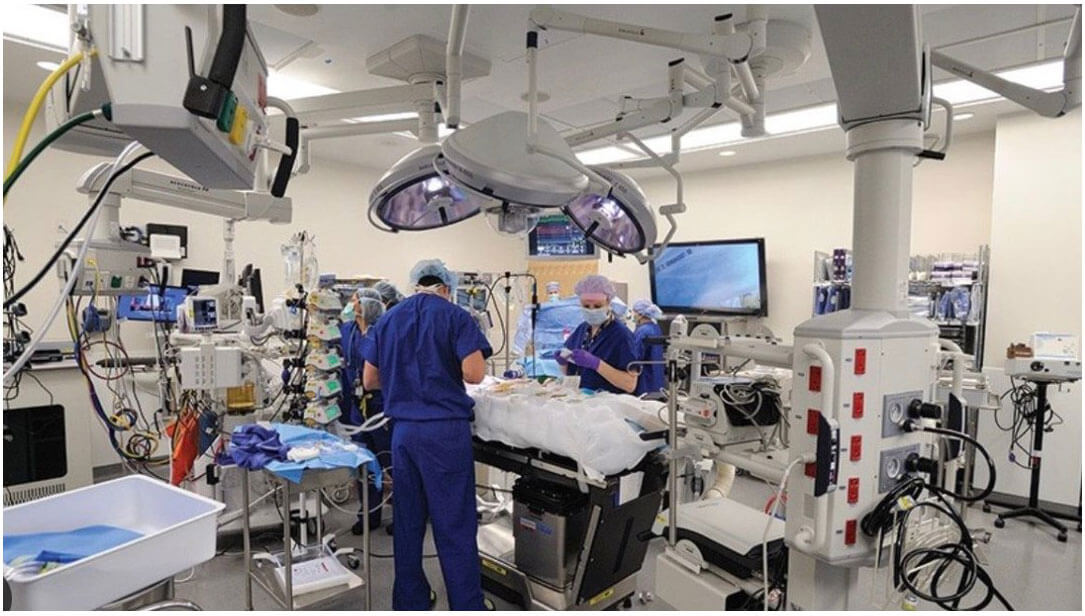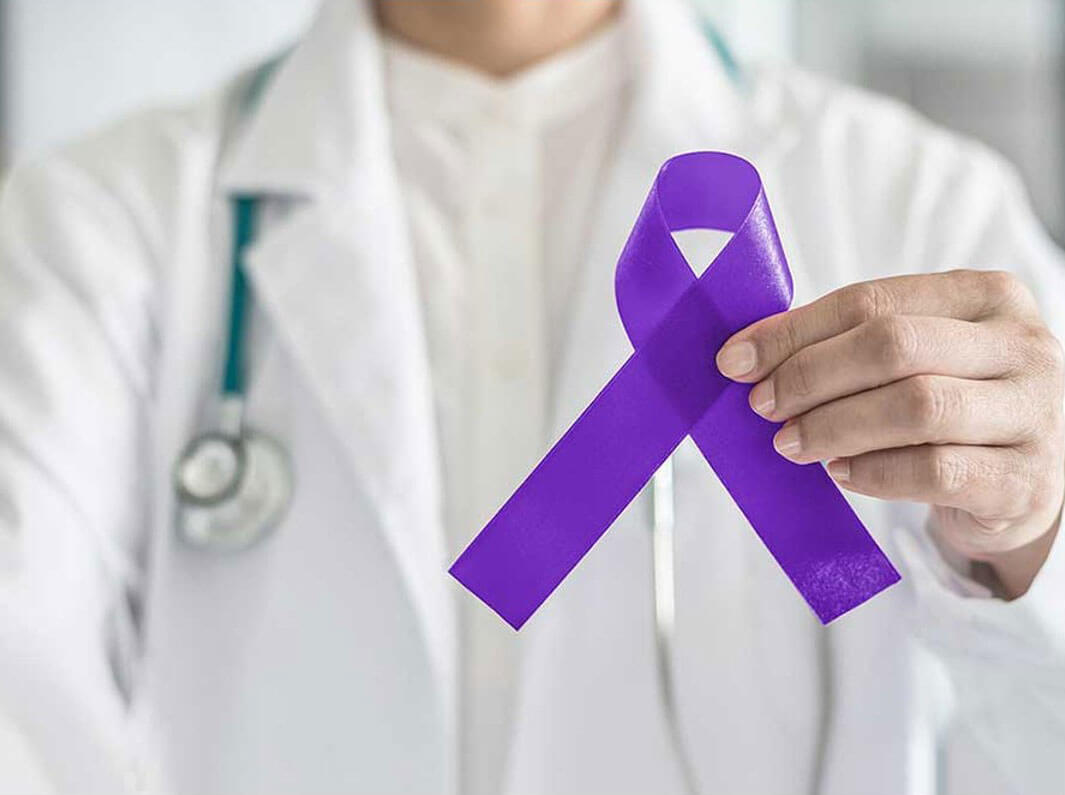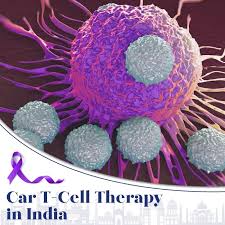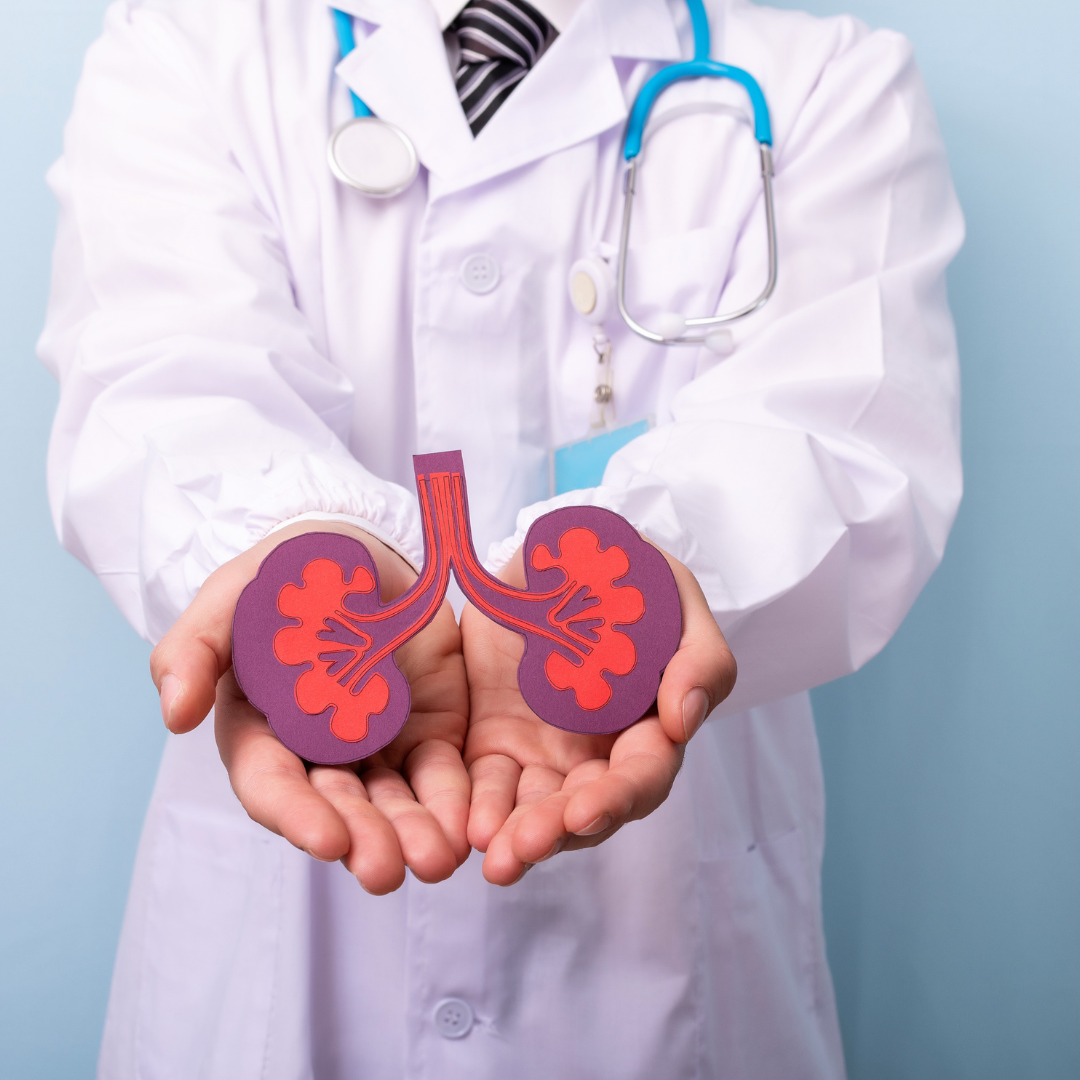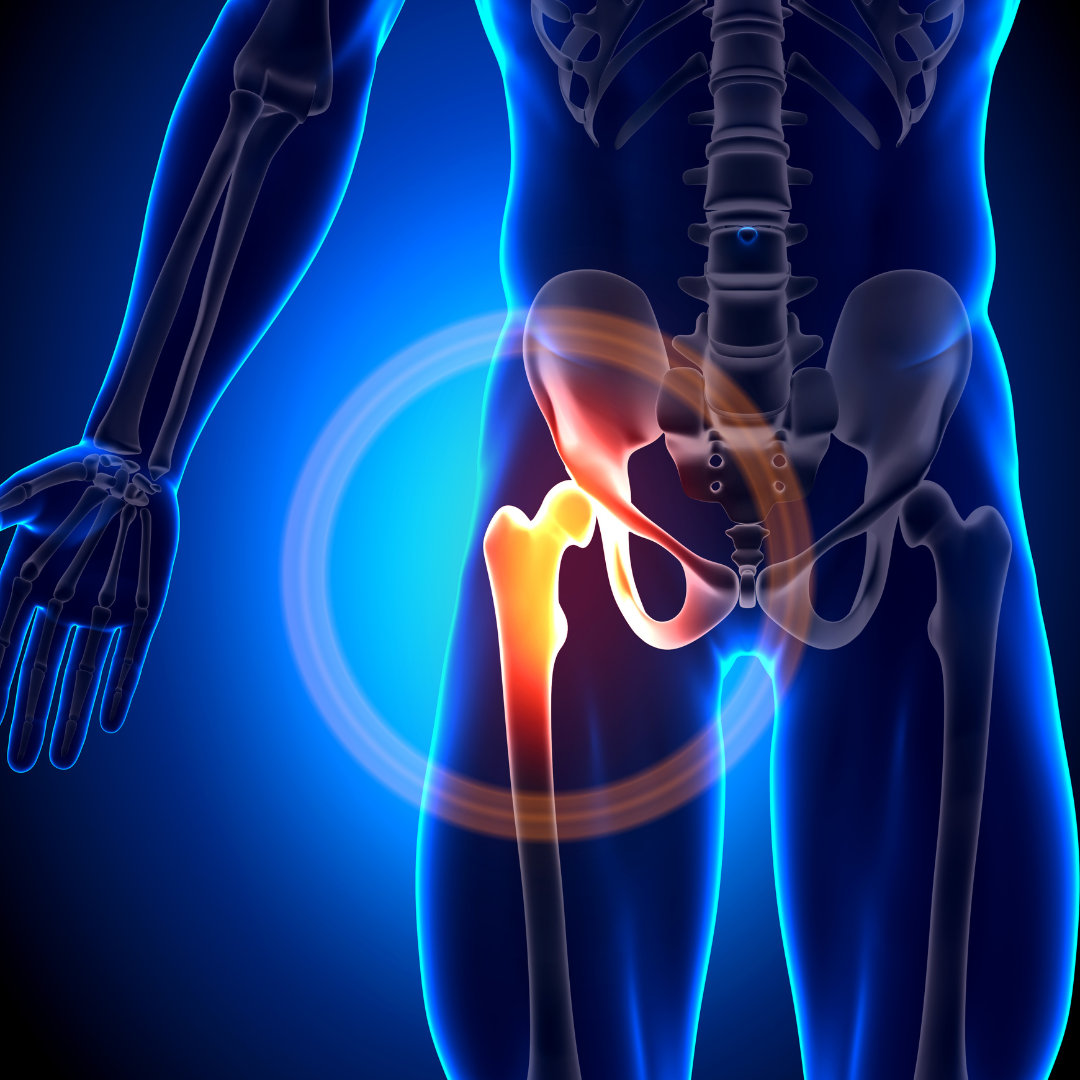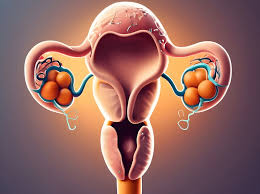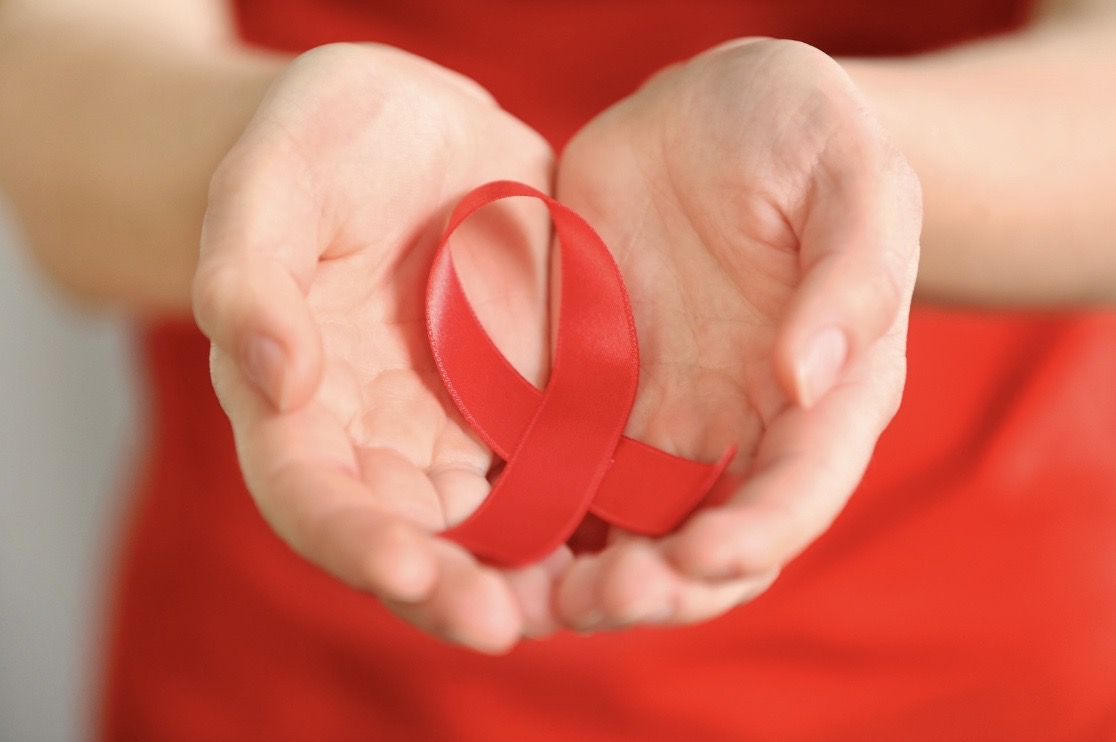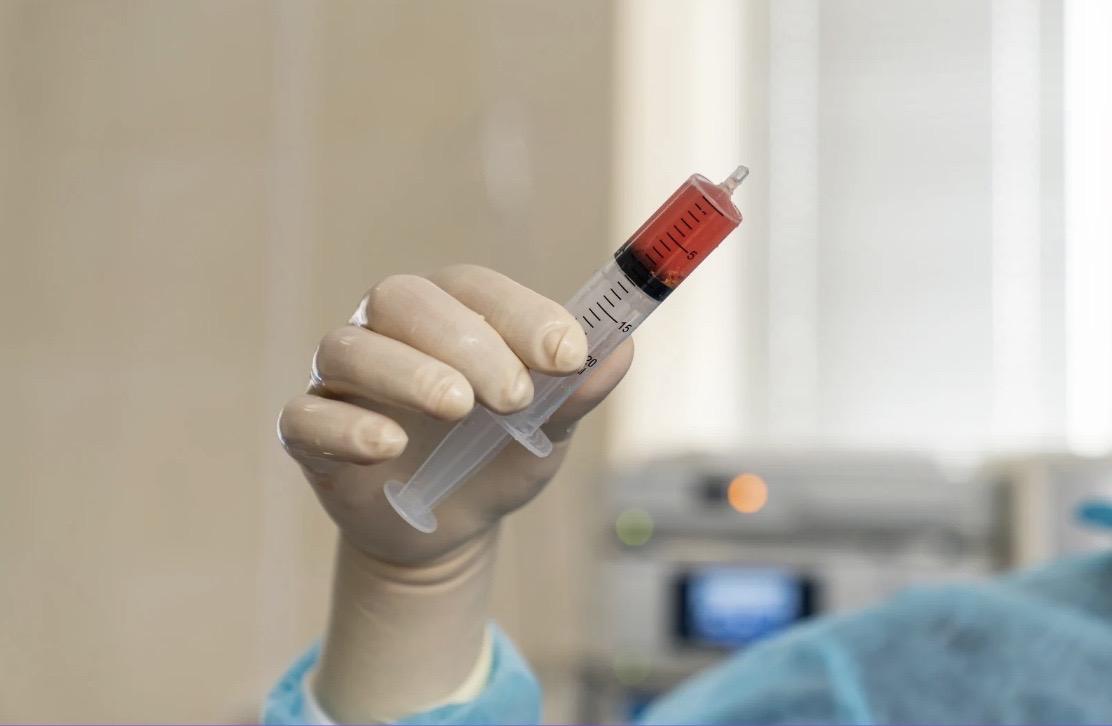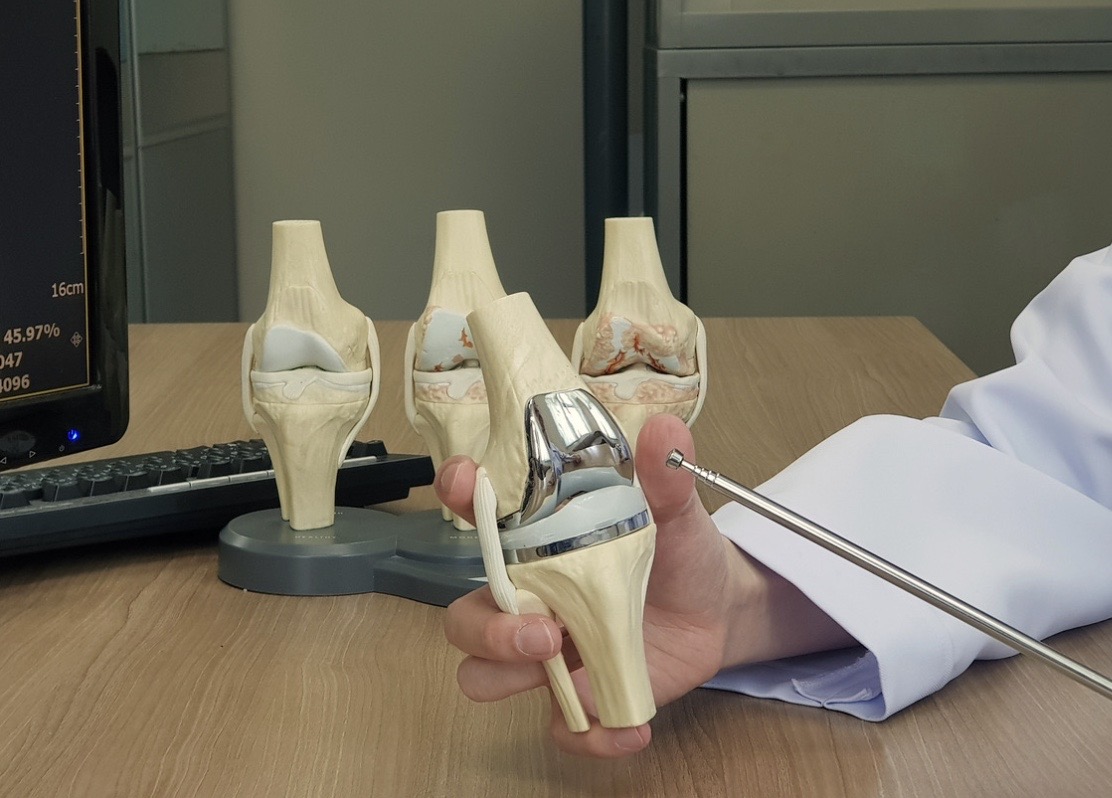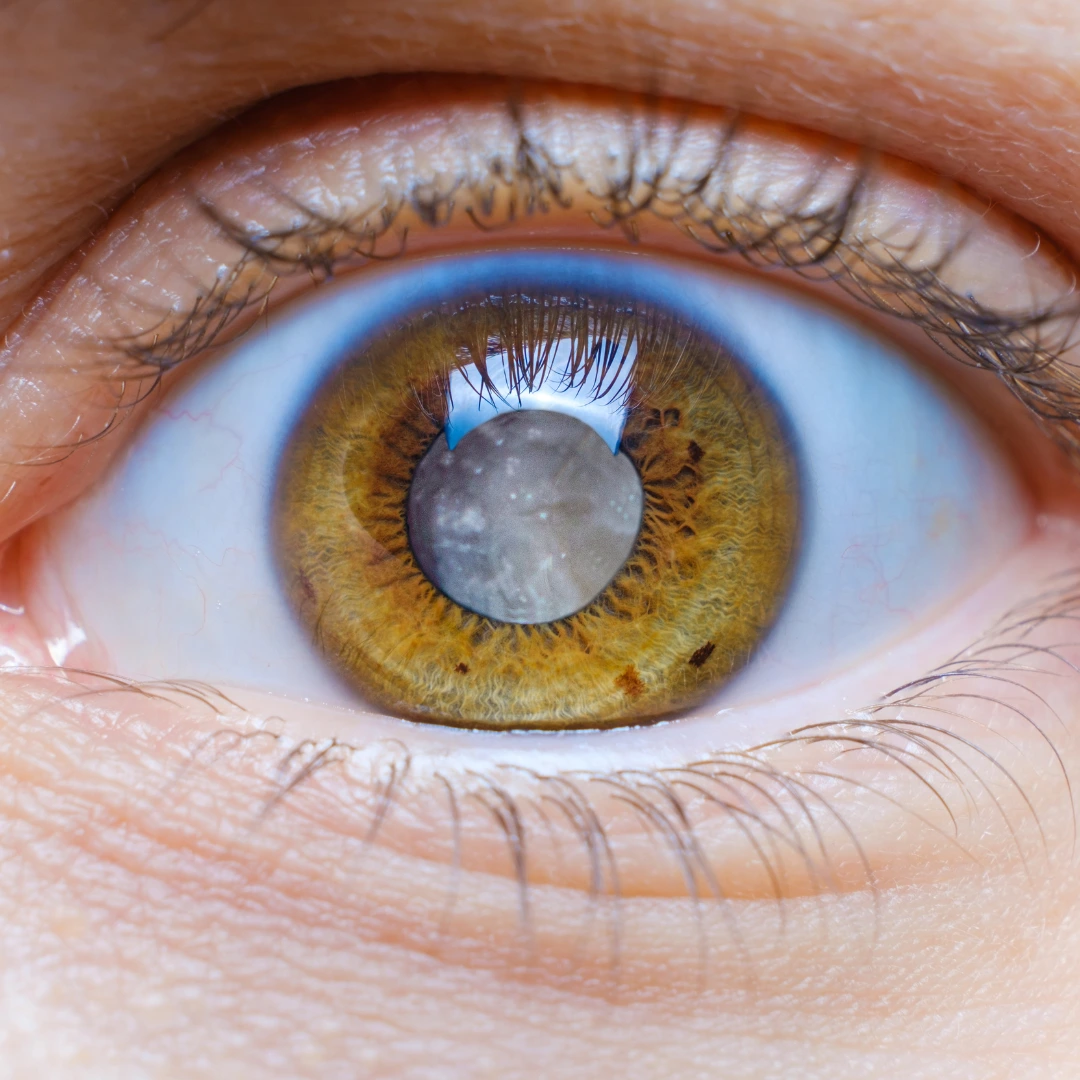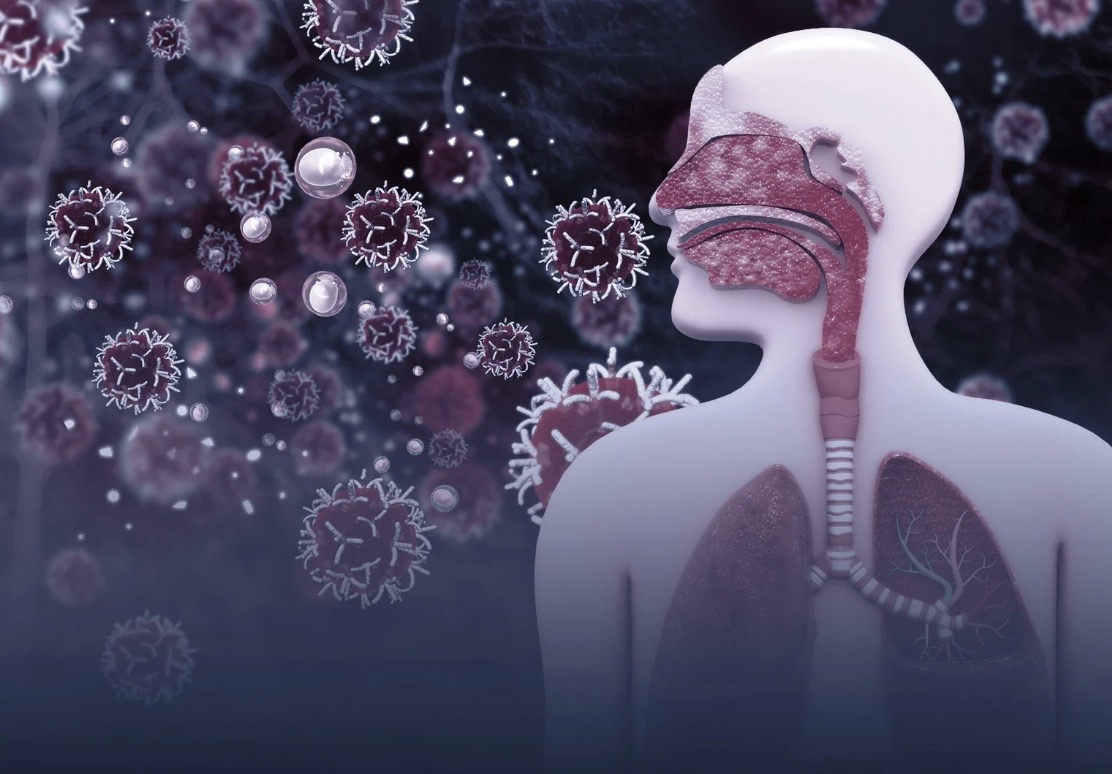
Everything You Need to Know About Mouth Cancer: Symptoms, Causes, and Risk Factors
Oral cancer is the development of malignant neoplasm in the tissues of lips, tongue, cheeks, gums, throat, and floor of the mouth. Oral cancer is the most reported cancer in India and accounts for 50-70% of most cancer-related deaths. A significant worry, the nation sees about 77,000 new cases and 52,000 fatalities each year. Oral cancer is most common in Asian countries and India in particular which contributes about 30% of the worldwide cases. Oral cancer is one fatal disease that has a very high death rate, and knowledge of the disease is vital in enhancing early diagnosis and oral cancer cure.
What is Oral Cancer?
Oral cancer can be characterized by abnormal tissues or growths that might occur in the mouth, it targets lips, tongue, gums, sinuses, and throat. However, the survival rate of oral cancer is extremely low once the cancer has advanced to other stages. It is estimated that the five-year survival rate may reach 20% when the cancer is in its final stage. Oral cancer like any other cancer should be detected early to enable a higher chance of complete cure of the ailment.
There are several types of oral cancer, but the most prevailing one is called oral malignant neoplasia squamous cell carcinoma. It is common with countries in South Asia, Eastern Europe, France, and Brazil most especially. This cancer is most common in patients aged 70 to 79 years Oral cancer occurs one to six times more frequently in men than in women mainly because men use tobacco and alcohol, which are major risk factors in the development of this disease more often than women.
Risk Factors for Oral Cancer
Several factors explain why some people in the population are at higher risk of contracting Oral cancer:
Tobacco Use: If a person takes cigarettes, cigars, or other tobacco products like chewing tobacco the risk will be much higher.
Alcohol Consumption: Alcohol intake in large proportions is another serious cause of oral cancer.
Poor Oral Hygiene: This means that failure to properly maintain oral hygiene may lead to the growth of cancerous lesions in the mouth.
Viral Infections: The human papillomavirus (HPV) is grouped with other forms of cancer such as oral cancer.
Sun Exposure: Sun exposure to the lips with no protection can cause cancer in the affected region.
Family History: If one has a family history of oral cancer he is considered to be at a higher risk of contracting the disease.
Notably, about one-quarter of oral cancer patients have no apparent risk factors, so people must get routine oral exams and cancer screening.
Symptoms of Oral Cancer
Initially, oral cancer manifests with signs that are mistaken for usual oral problems or diseases. Key symptoms include:
If you have sores that reoccur frequently, are swollen, and take more than two weeks to heal, they are easily prone to weeping.
All forms of mouth discoloration, ranging from a white or red line or patch, which may point to precancerous diseases such as leukoplakia or erythroplakia
Sores of any kind and any hard-to-define irregularity of the soft tissues of the mouth or gums.
Crippling fits of seizure and unexplained bleeding from the mouth
There may be loss of speech, facial movement, or feeling in the face, neck, or mouth.
Pain in the mouth, chest, or abdomen
Unintended weight loss
Cotidiane halitosis does not resolve with proper cleaning techniques of the mouth and tongue.
Therapies in Oral Cancer
The management of patients with oral cancer will depend on the stage, location of the cancer, and the general health status of the patient. The oral cancer treatment includes the following primary options:
Oral Cancer Surgery: Surgery is usually the initial intervention that aims at resecting the tumor and adjoining tissue that is considered to be affected. In more advanced stages, the oncologists may require undertaking major surgery involving parts of the jaw or the tongue among others.
Radiation Therapy: The use of high-energy beams to eliminate cancer cells may be paired with surgery for treatment, and is referred to as radiation therapy. It can be given topically or orally and is usually used together with chemotherapy agents to increase its effectiveness.
Chemotherapy: Chemotherapy is the use of chemicals that should effectively destroy cancer cells. If used by itself it is an effective treatment method, it can also be used in conjunction with other treatments such as surgery or radiation therapy.
Targeted Drug Therapy: Different target molecules within the cancer cells are worked on under this therapy, for instance, Cetuximab which works to inhibit cancer cell division.
Immunotherapy: This is a type of therapy that aims at increasing the body’s ability to combat cancer and is commonly applied to the severe or refractory stages.
Cancer treatment cost in India
The cancer treatment cost in India differs from one treatment type to another, as well as from the stage of cancer. The healthcare industry in India is globally recognized for delivering superior quality medical services at lower cancer treatment cost in India than the other countries, but cancer treatment can be expensive. Cancer patients, especially those in the oral care center, are likely going to be charged for treatment such as surgery, chemotherapy, radiation therapy, and follow-up treatment, these lead to accumulative costs.
Yet today there is a plethora of medical facilities and talent in dealing with cancer treatment cost in India at comparatively reasonable prices making India one of the world’s favorite destinations for fighting cancer.
Conclusion
Cancer of the mouth is a major health problem in India and similar other countries; however early diagnosis and proper oral cancer therapy can make a big difference. Any of the symptoms mentioned above, if noticed should be reported to oncologists to advise on the way forward regarding your treatment. This also helps in reducing the chances of having this disease because knowledge of its risk factors also makes part of preventing it. Besides this, the cancer treatment cost in India is comparatively less and the presence of experienced oncologists adds a boon for such patients. It is therefore important that people can recognize signs of these conditions and seek medical attention before operations.


